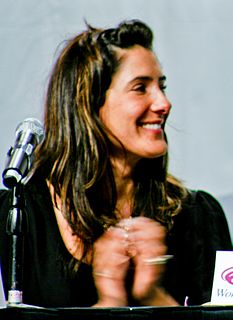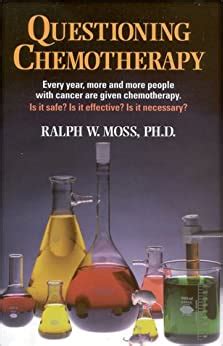A Quote by Michael Greger
One of the worst things you can do if you're worried about breast cancer is to cook beef, pork, fish or poultry at a high temperature - which includes frying, grilling and roasting.
Related Quotes
The issue I have is that the cooking techniques are up for questioning, today more than ever before. If you waterbath beef at 22-degrees for 12 hours, it may taste fantastic, but if you don't cook food at a high enough temperature, you risk not killing the bacteria. Things like that make me nervous of venturing into it.
A meat temperature gauge is a priceless tool. You can get a very inexpensive one at most hardware or sporting goods stores, which will easily help you determine the temperature of your meat so it is not over or undercooked. Pork is normally done at about 160, internal temperature. Steaks are cooked medium rare from 145 to 150. 165, medium. Well done is about 175, internal temperature.
Kanematsu Sugiura.....took down lab books and showed me that in fact Laetrile is dramatically effective in stopping the spread of cancer. The animals were genetically programmed to get breast cancer and about 80 - 90% of them normally get spread of the cancer from the breast to the lungs which is a common route in humans, also for how people die of breast cancer, and instead when they gave the animals Laetrile by injection only 10-20% of them got lung metasteses. And these facts were verified by many people, including the pathology department.
































